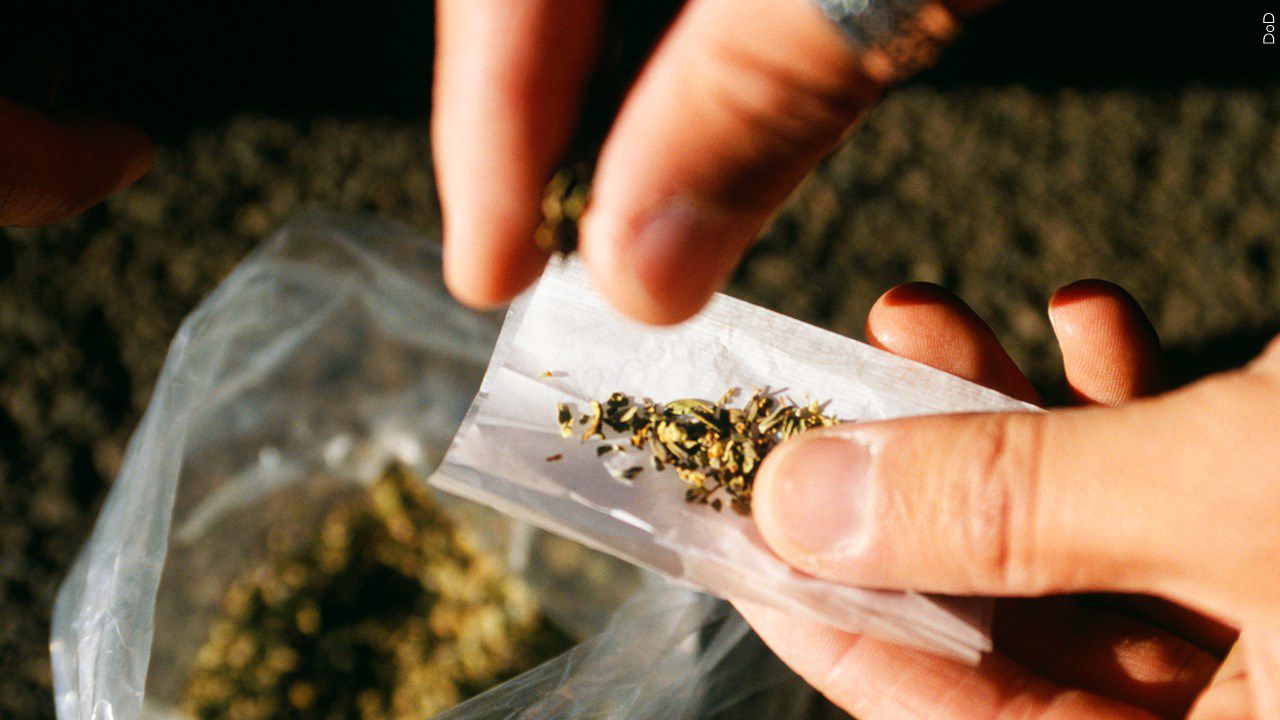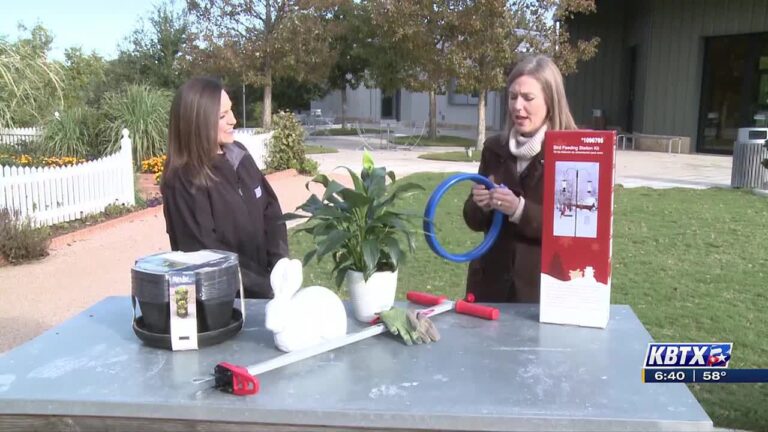Area law enforcement weigh in on Texas A&M University police policy change
COLLEGE STATION, Texas (KBTX) – After Texas A&M Police Chief David Johnson announced a policy change at Wednesday night’s Board of Regents meeting, area law enforcement say they have no plans to follow suit.
University Police will no longer look to immediately arrest someone who has less than two ounces of marijuana and is nonviolent. Instead the plan is to confiscate the marijuana and issue a citation. The case will then be brought to the County Attorney for review, and if charges are determined necessary, a warrant will be signed and UPD will make contact with the subject.
Chief Johnson discussed this change with County Attorney Earl Gray, wanting to find the best way to free up officers and cut down on out-of-state students receiving criminal charges.
“Each agency sets their own policies,” said Gray.
So far, it looks like UPD will be the only agency in Brazos County to make this change.
“The Brazos County Sheriff’s Office will continue to operate under its current policies and procedures,” a statement from Deputy David Wilcox said.
The Bryan Police Department will also be keeping their current policy, but did say they would review UPD’s change in the future.
“The Bryan Police Department will continue to enforce laws as governed by the State of Texas in accordance with the Brazos County Attorney. We will review the policy implemented by the Texas A&M University Police Department in consultation with the county attorney’s office,” said BPD’s Public Information Officer Kole Taylor.
KBTX also reached out to College Station police, instead they sent back a statement related to a Texas A&M Regent questioning the integrity of student traffic stops. In that statement though, CSPD says they will continue to enforce the laws of the state.
Johnson told the Regents that nonviolent marijuana arrests under two ounces are infrequently pursued after charges are filed, but records for the Brazos County Detention Center show it’s one of the most common arrests.
The county attorney does not want students to interpret this change as a free-for-all. There will still be consequences for those caught with marijuana he said.
“I will be treating marijuana the same since I’ve been in office,” said Gray. “It doesn’t make any difference where it occurred or who the person is, it is going to be investigated the same way.”
University police have already implemented the policy change. Gray said his office received their first warrant request near the end of July.







